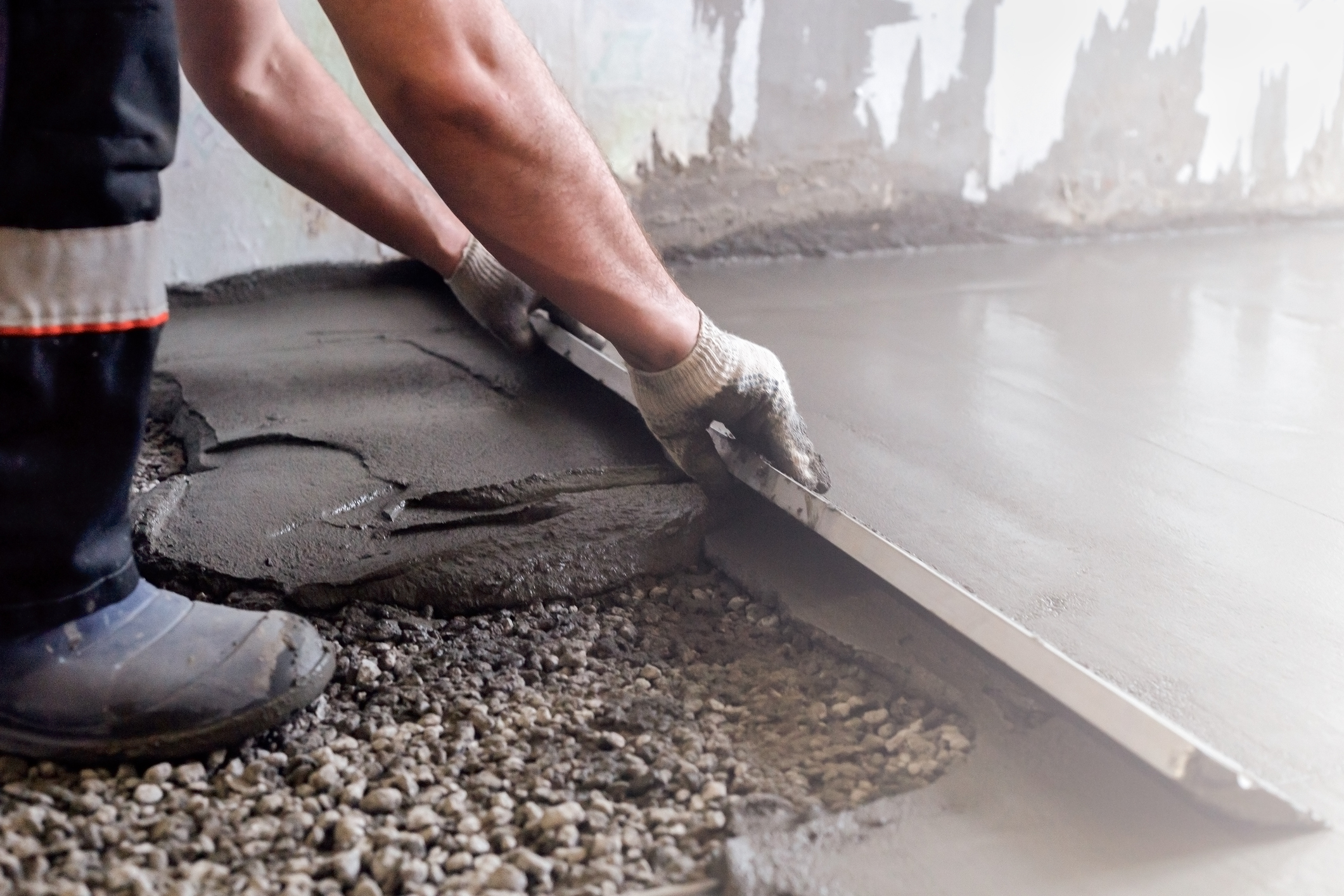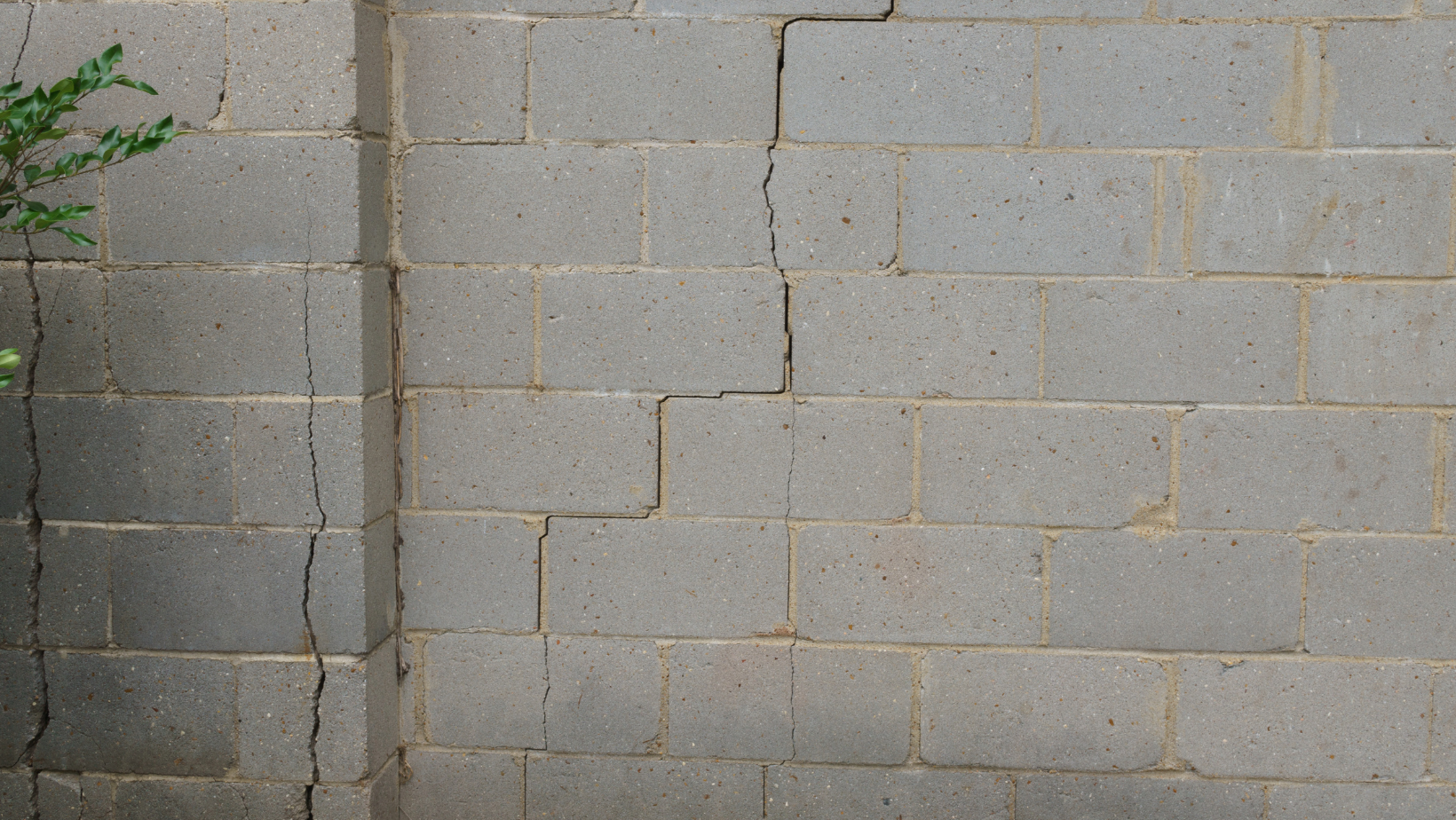
Concrete
slab foundations are very common in Houston homes. They typically feature a vapor barrier, reinforcing rebar or post tension cable, plumbing elements, and then of course the concrete. When constructed properly, slab foundations can be quite durable and dependable for any size home. But sometimes they pose challenges when they have been compromised by leaks, weather, time, and a whole host of other problems. In this case, you will need to seek help from a qualified foundation repair contractor.
Slab Foundation Components
Constructing a slab foundation takes a multi-pronged approach with these steps:
- The placement of protective waterproof fabric over the area: This protects the slab from infiltration by underground moisture as well as termite damage.
- Construction of post tension cable and reinforcing rebar: This stabilizes the foundation, preventing cracks and other structural issues.
- Installation of plumbing pipes: Water and sewage lines get into your home via the foundation.
- Pouring of the concrete slab: This is done at once over a long day. It’s takes so long because the wet concrete has to be secured with excavated trenches, wooden forms, or both.
- Control of moisture content during curing: It takes time for the cement to dry but it has to be a slow process to avoid cracks. Contractors will use an intermittent sprinkler or a garden hose to achieve this.
There may be additional steps depending on the region, climate, and homeowner specifications. In the Northeast, for example, it’s common to add a layer of rigid insulation to guard against frost upheaval in cold weather.
Possible Slab Foundation Issues
Your Houston slab foundation may very well last for several decades without problems. However, in other cases, problems can arise due to:
- Failure to prepare the underlying soil: For a slab foundation to be as stable as possible, the soil underneath it has to be compacted properly at the time of installation. Some contractors skip this step so they can complete the building faster.
- Insufficient moisture protection: Moisture from the ground can seep into the slab when there are tears or gaps in the waterproof fabric.
- No supporting layer of post tension cable and rebar: This is yet another issue that could be caused by speedy construction, but it can also result from using sub-par materials.
- Cracks or other structural failures: These can be caused from shifting earth underneath the foundation, weather damage, or the weight of the home above.
To properly inspect and repair concrete slab foundations, you need to hire a foundation repair specialist who has the right equipment, training, and experience. Look no further than Aftermath Structural Repair for these qualities.
Signs of a Slab Leak
Slab leaks are a common plumbing disaster just waiting to happen in many houses. These are essentially water leaks that happen underneath slabs of concrete in a home, which can be particularly frustrating because of where they take place: underneath heavy concrete slabs. Because of this, it can be hard to detect the source of any leaks you may be experiencing.
Early detection is very important when it comes to repairing the leak. On top of that, you have to manage the damage that has occurred and prevent any more from occurring. Check out these five warning signs that a slab leak has occurred in your home.
1. Hot Spot on Flooring
If you notice a persistently hot area of your floor, this could be a sign of a slab leak. This warm spot could mean that a hot water line underneath the slab has busted.
2. Water Protrusion From Slab or Ground
Once you start noticing leaks, keep in mind the situation is already escalating and must be handled as quickly as possible. Pools of water and other leaks indicate that the water is leaking from the pipes, to be sure, but also to the extent that it’s infiltrating your walls. If your floor is always wet, even when you haven’t taken a shower, this indicates a leak.
3. Stoppage or Backup of Toilets, Showers and Tubs
If your toilets, tubs, or showers are not working correctly or have become backed up, the water line may have broken.
4. Foundation Movement or Cracking
The power of water is immense. It will attack the foundation of your home over time, manifesting itself in cracks in the floor and walls of your home as well. If you notice cracks and/ or movement, you may have a slab leak. Act as quickly as possible, as slab leak repair gets more expensive the longer you wait and the more damage that occurs.
5. Unexplained Odor
Water damage may lead to mold and mildew. That’s because the water saturates the wood and acts as a breeding ground for the mold and mildew, which then leads to an unpleasant odor. In fact, you will probably notice the smell before you notice the mold.
Contact Aftermath Structural Repair
If you suspect you have a slab leak or some other related problem with your foundation,
contact us at 281-231-8904 to schedule an appointment. We will perform an on-site inspection, come up with recommendations for moving forward, and present you with a proposal and estimate.



